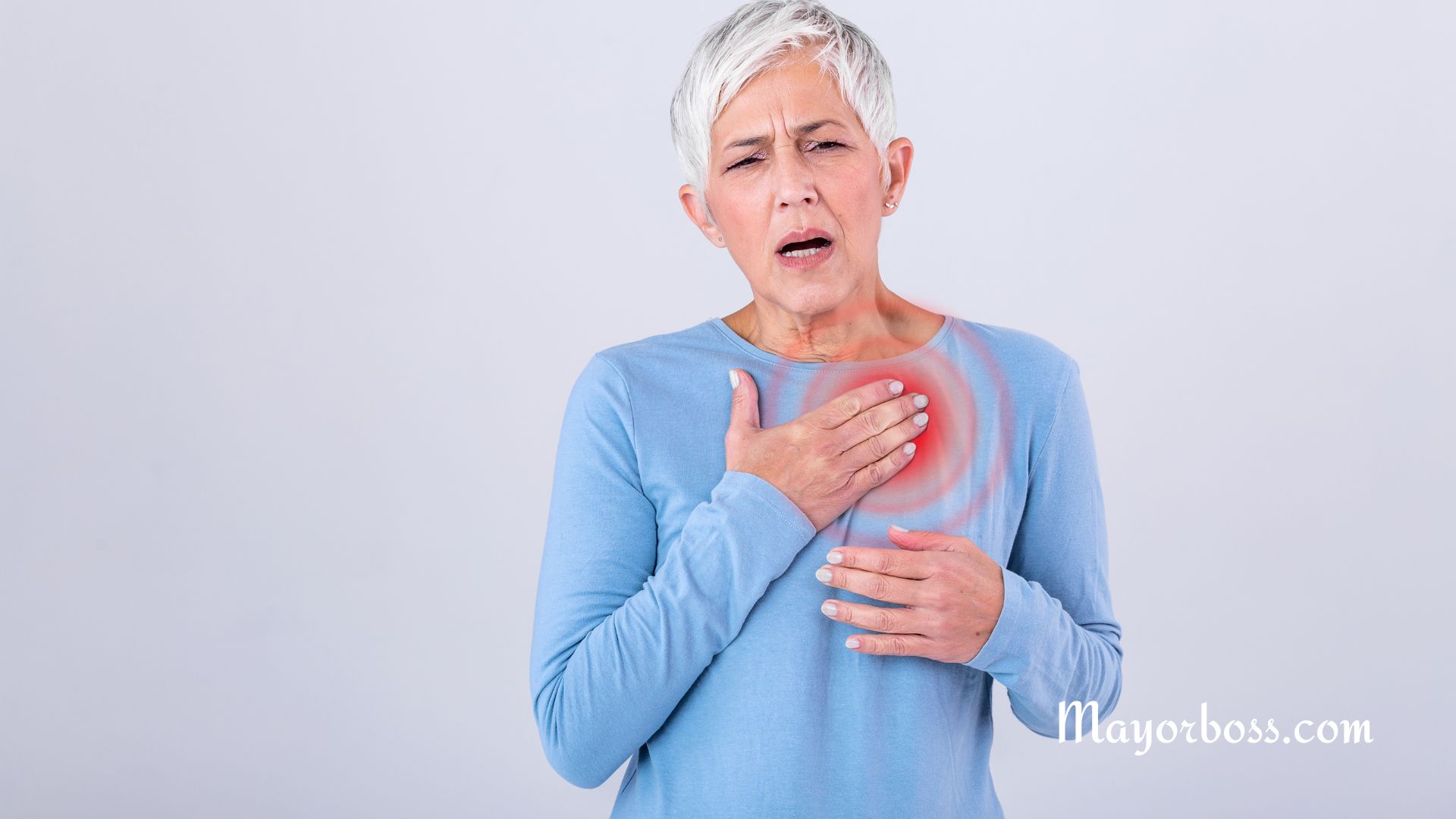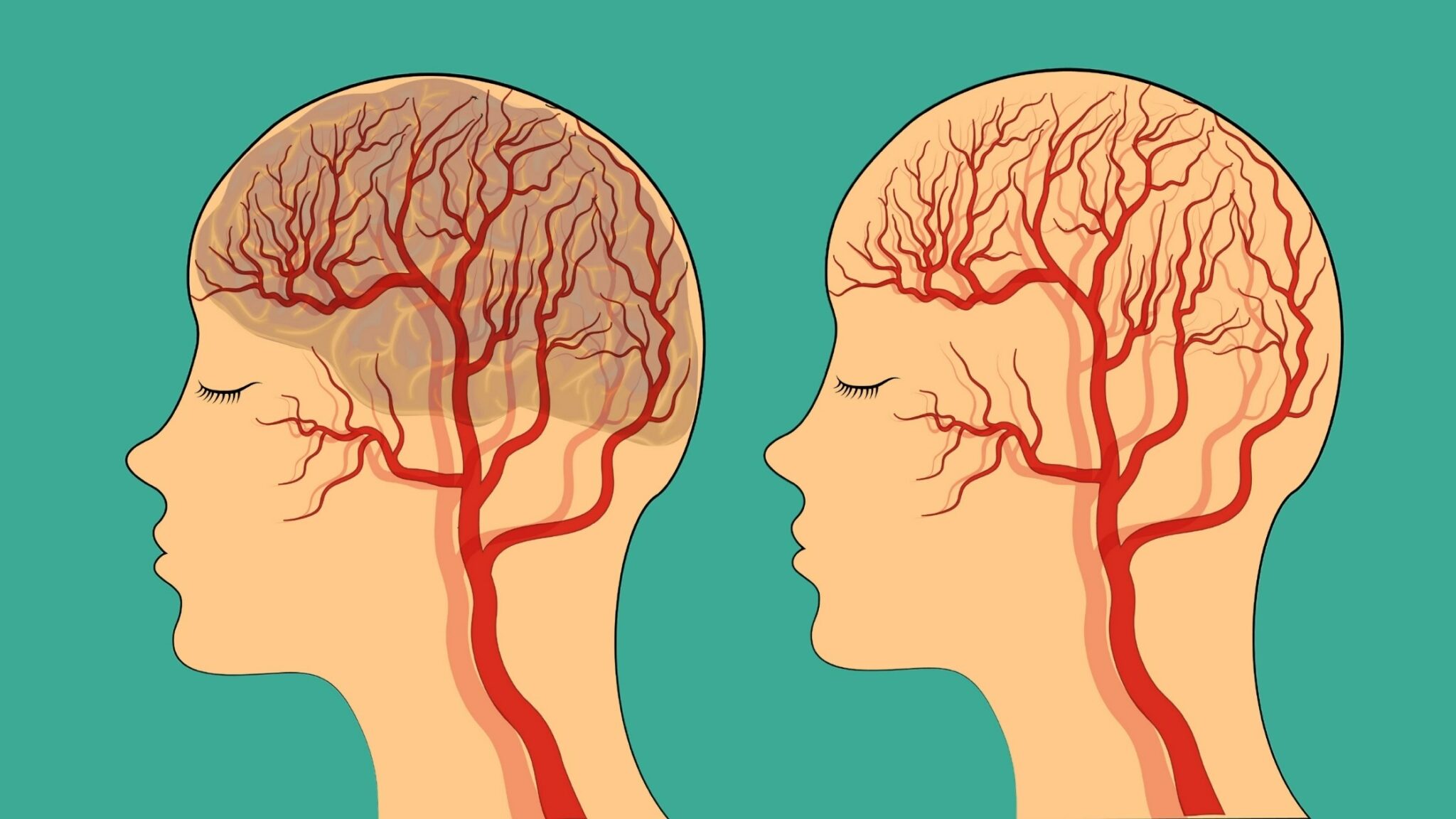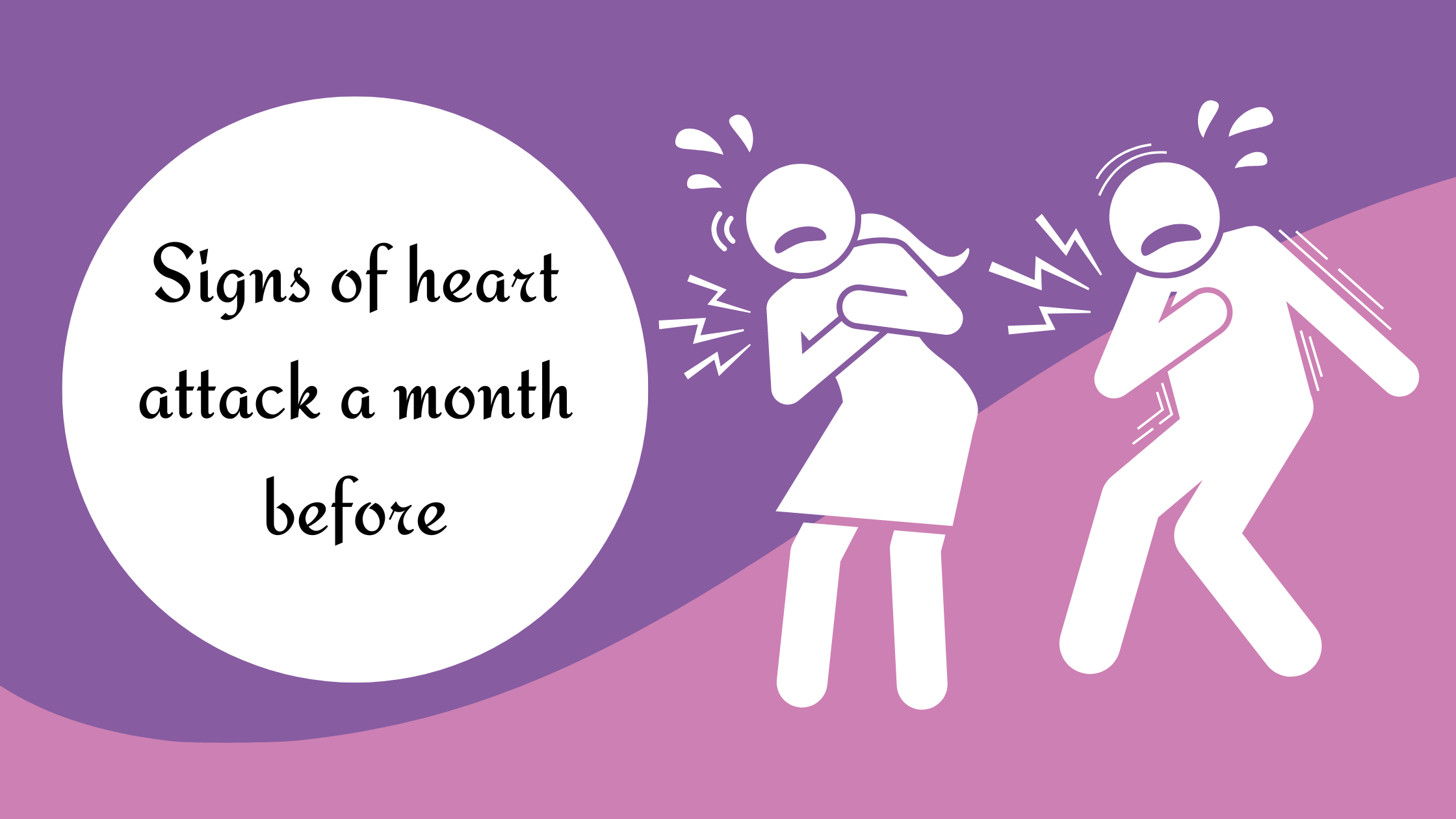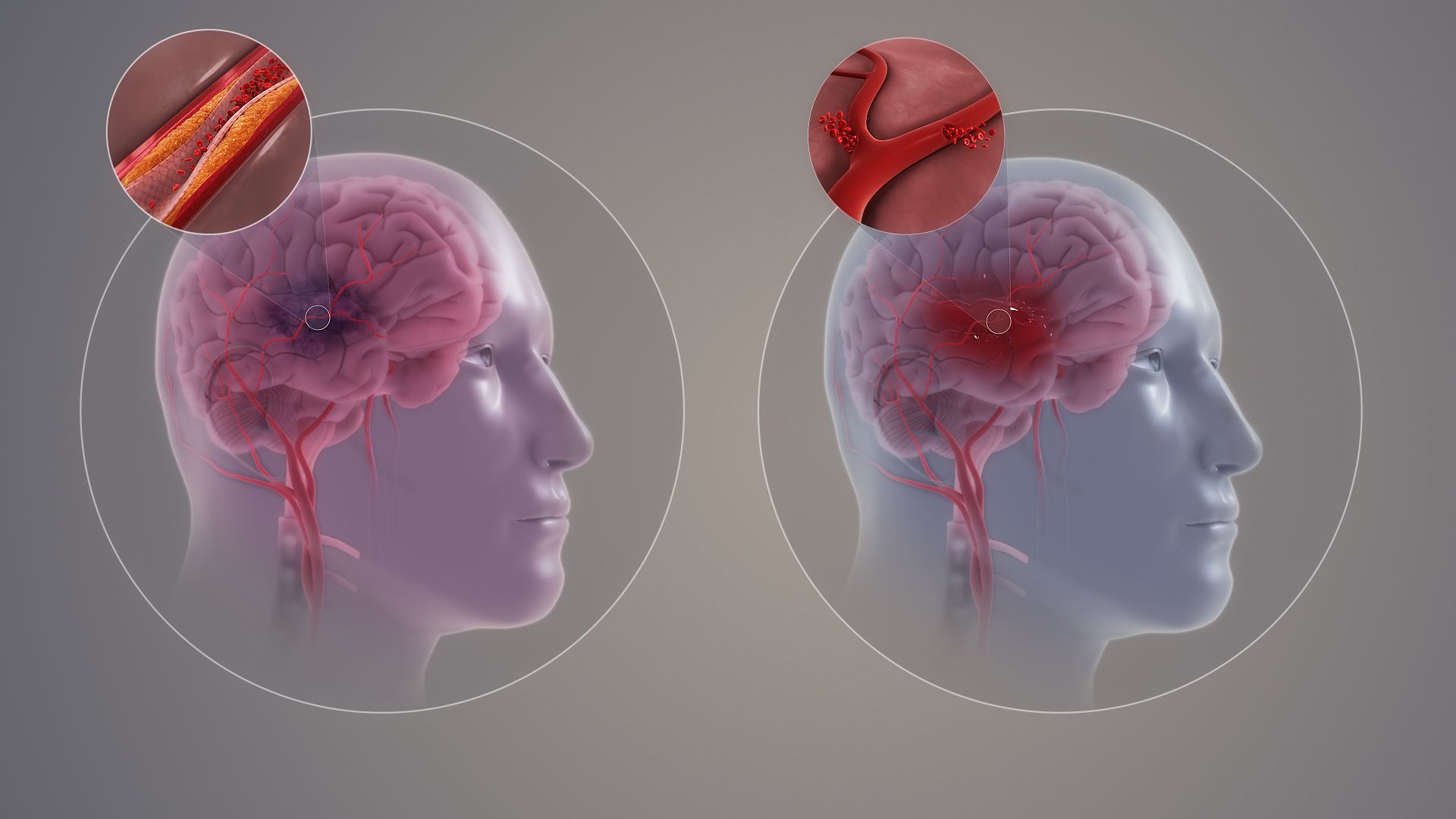9 Early Signs of Heart Disease You Should Not Ignore
Heart disease is a sneaky adversary, often creeping up unnoticed until it’s too late. But what if you could spot the enemy before the real battle begins? Knowing the early signs can be your best defense, helping you seek treatment early and possibly saving your life. So, let’s pull back the curtain on the subtle yet significant signals your body sends when heart disease starts to take hold.
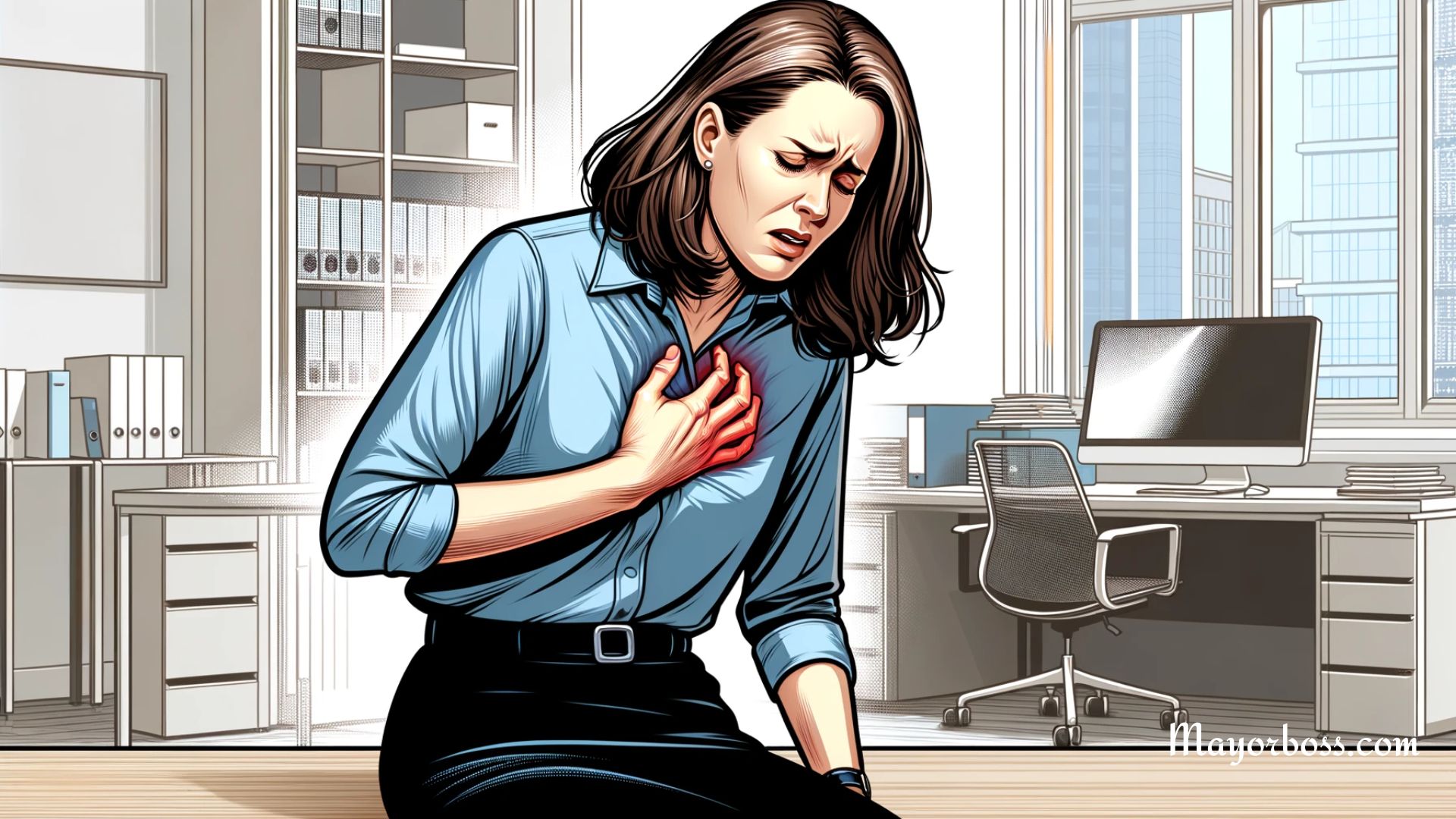
1. Unusual Fatigue
Have you ever felt unusually tired, even after a full night’s sleep? This isn’t just about lacking energy; it’s a fatigue so deep that your usual activities become challenging. If your heart struggles to pump blood, your muscles won’t get enough oxygen, leaving you feeling exhausted. So, when your usual jog feels more like a marathon, it’s time to pay attention.
2. Shortness of Breath
Next up, let’s talk about feeling winded. If you find yourself gasping for air after simple tasks like climbing a few stairs or walking to your mailbox, take note. When your heart can’t pump efficiently, blood can back up into your lungs, making it hard to breathe.
3. Chest Discomfort
Most people are aware that chest pain is a red flag. But it’s not just about sharp pain; any discomfort in your chest could be a sign, especially if it feels like pressure or squeezing. This discomfort might come and go, but don’t ignore it. It could be your heart telling you it’s under stress.
4. Swelling in Your Legs, Ankles, and Feet
When your heart doesn’t pump blood effectively, fluid from your blood vessels leaks into surrounding tissues. Your legs, ankles, and feet might swell as a result, which is not only uncomfortable but also a clear signal from your body that something might be wrong with your heart.
5. Palpitations
Now, have you ever felt your heart beat irregularly? Maybe it skips a beat or adds an extra one? These palpitations can feel like fluttering sensations in your chest. It’s not just your heart dancing to its own rhythm; it might be struggling.
6. Persistent Cough or Wheezing
A lingering cough or wheezing that doesn’t go away might also be a symptom, especially if it’s accompanied by white or pink blood-tinged mucus. It could indicate that your heart is having trouble dealing with fluid buildup, affecting your lungs.
7. Dizziness or Lightheadedness
Ever feel dizzy suddenly when you stand up? Or maybe you’ve had a spell of lightheadedness out of the blue. These can be signs that your brain isn’t getting enough blood due to a heart that isn’t pumping effectively.
8. Nausea or Lack of Appetite
It might surprise you, but yes, feeling nauseous or having a lack of appetite can also be linked to heart issues. When your digestion is interrupted by a poorly pumping heart, your appetite might take a nosedive.
9. Excessive Sweating
Lastly, breaking out in a cold sweat for no apparent reason might also be a signal. This isn’t the sweat from a workout or a hot day; it’s a sudden, cold sweat, and it’s a common symptom when the heart is in distress.
Frequently Asked Questions
Q1: Can these symptoms appear all at once?
Absolutely not. These symptoms can develop gradually or appear sporadically. Each symptom on its own might not seem alarming, but together, they can indicate a serious problem with your heart.
Q2: Are these symptoms the same for everyone?
No, they can vary. Some people might experience many symptoms, while others feel only one or two. It’s crucial to know your body and recognize when something isn’t right.
Q3: What should I do if I notice these symptoms?
Don’t wait. Contact your healthcare provider immediately. Early detection and treatment can immensely improve the outcome of heart disease.

